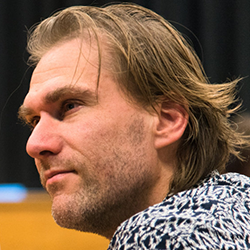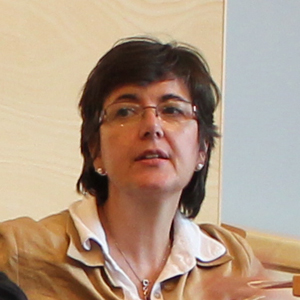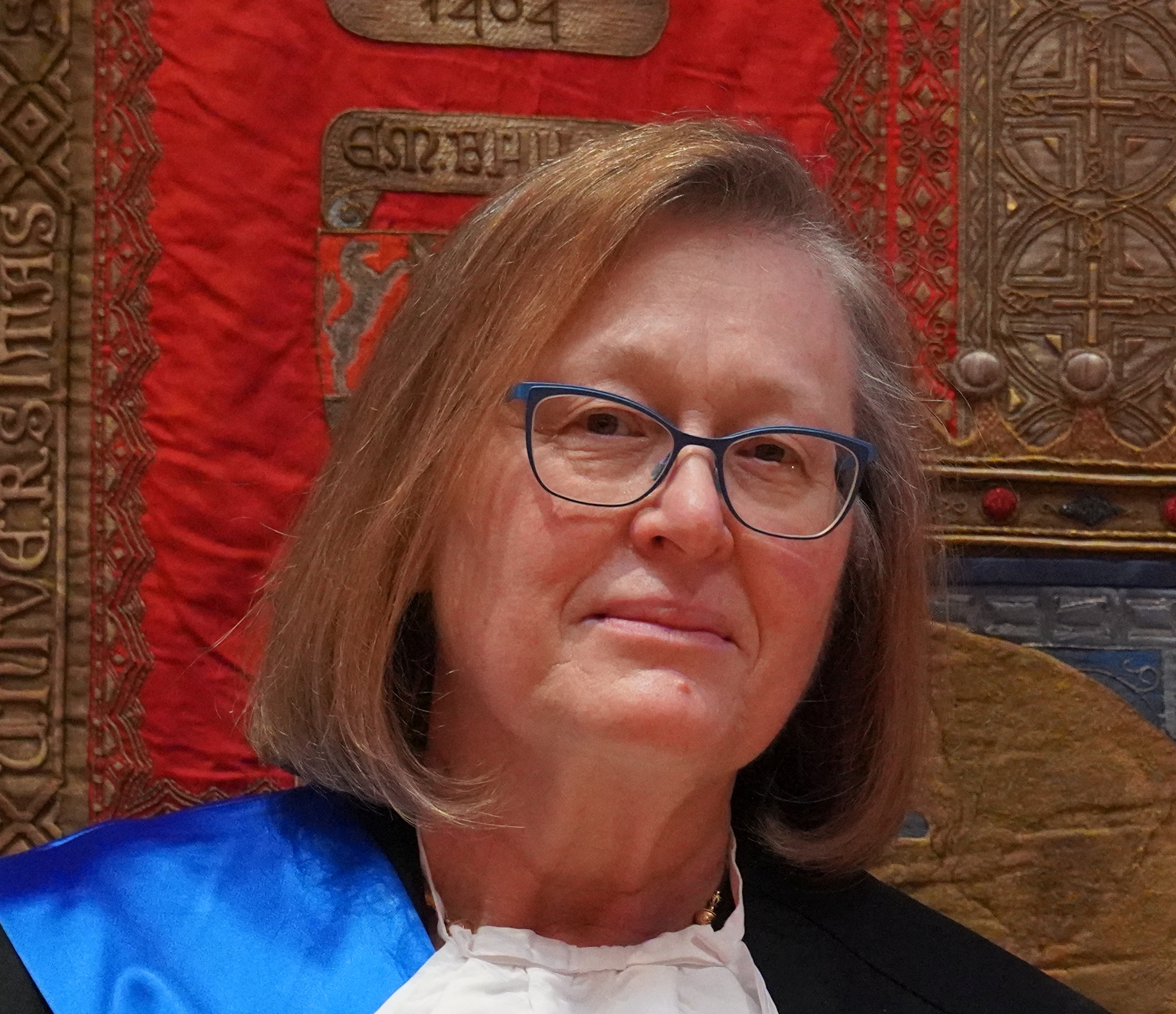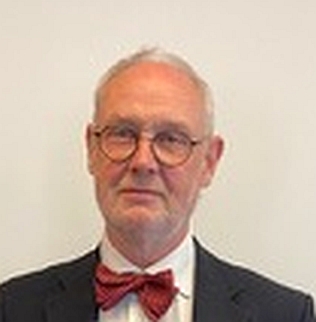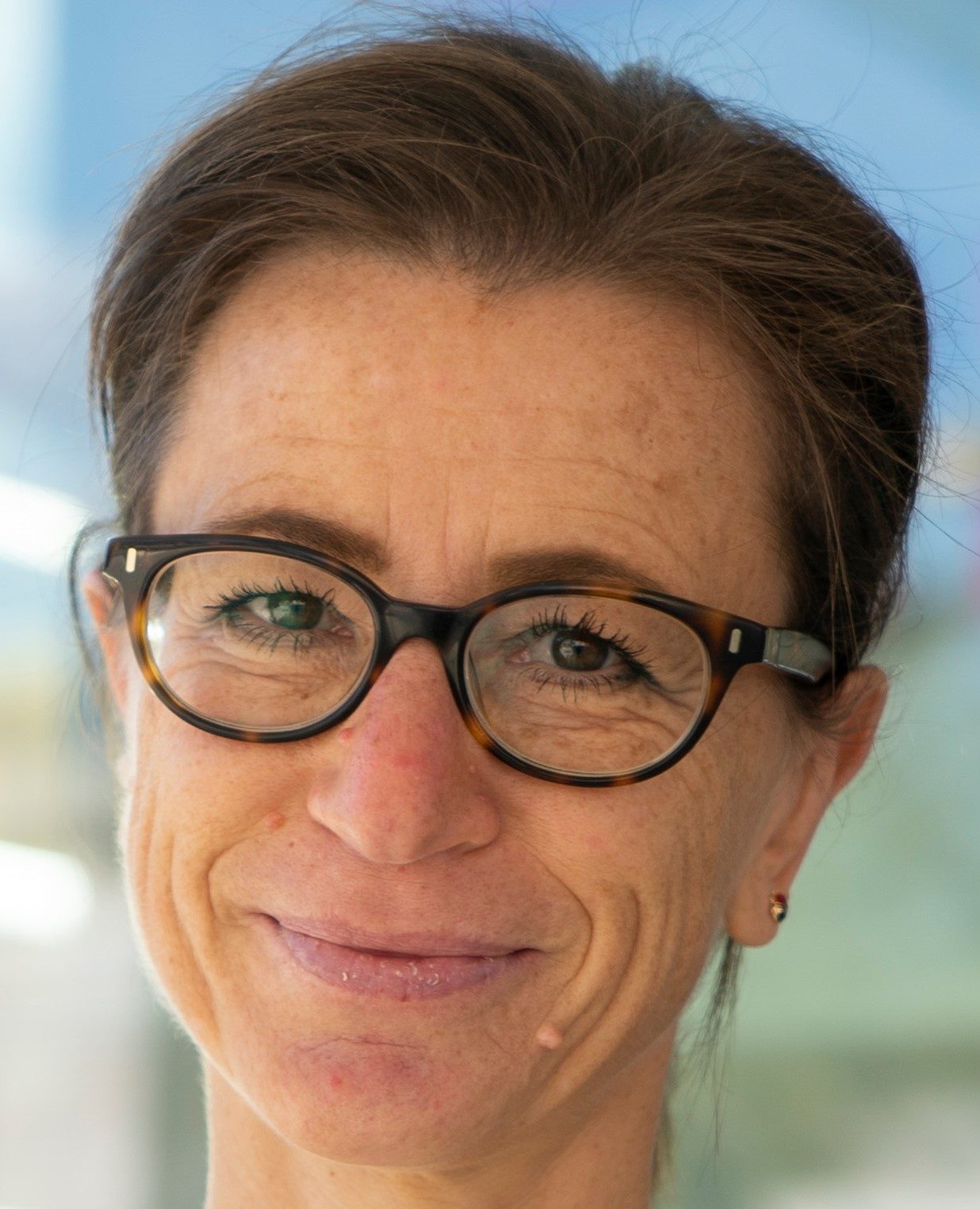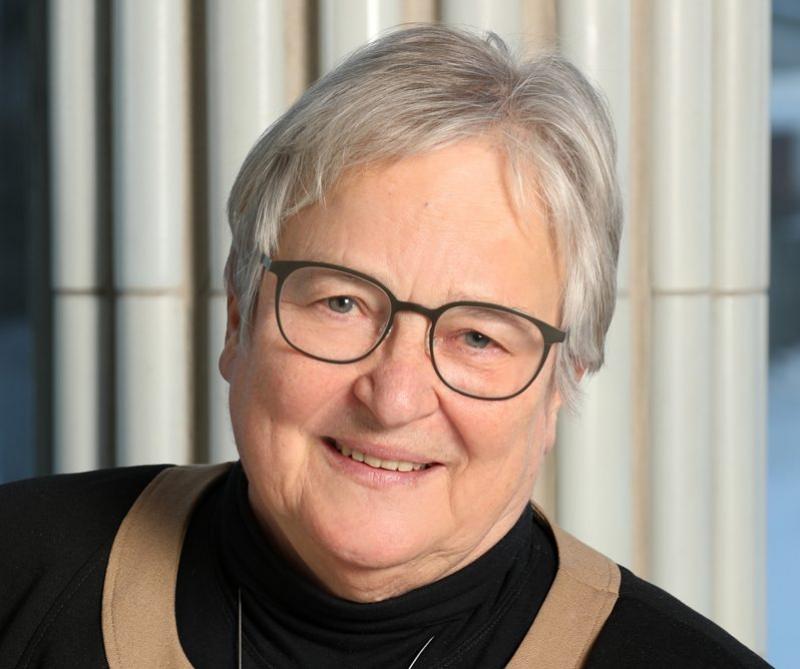To commemorate 40 years since its inception, EURALEX organised a two week online lecture series. Presenters were past presidents of EURALEX, in their lectures they addressed various topics, from dictionary use, historical lexicography, AI in lexicography, as well as the past and future of EURALEX.
Each lecture/interview was followed by a one-hour session with the presenter, aimed specifically at junior lexicographers, i.e. lexicographers at the beginning of their career, who had an opportunity to ask questions, discuss their research/work, ask for advice etc.
Thursday, 12th October 2023
10:00 CEST (Berlin)
11:00 CEST
- Q&A with junior lexicographers

Annette Klosa-Kückelhaus
Lecture
Old and new lexicographic challenges
Abstract:
In my talk, I will discuss some of the problems I have encountered in my lexicographic practice. Although the dictionary projects I have worked on have found ways to solve these problems, these issues still concern me. I believe that they also concern other professional lexicographers; even in future times when we will be assisted even more than we are today by appropriate technologies. With my presentation, I would also like to initiate the discussion about which fundamental lexicographic challenges are worth further research. Finally, I would like to argue that we should do this in exchange across language/country borders and different lexicographic traditions, for which the EURALEX community provides the appropriate framework.
16:00 CEST (Berlin)
17:00 CEST
- Q&A with junior lexicographers

Zoe Gavriilidou
Lecture
Strategic Dictionary Use and soft skill development
In an era characterized by rapid technological advancements and evolving workplace dynamics, soft skills have emerged as pivotal determinants of professional success. This talk delves into the relationship between strategic dictionary use and the cultivation of essential soft skills. We explore how individuals, from students to seasoned professionals, can harness the power of dictionaries as versatile tools for enhancing communication, critical thinking, and problem-solving abilities. By delving into case studies, practical examples, and research findings, we uncover the transformative potential of deliberate and strategic dictionary utilization.

